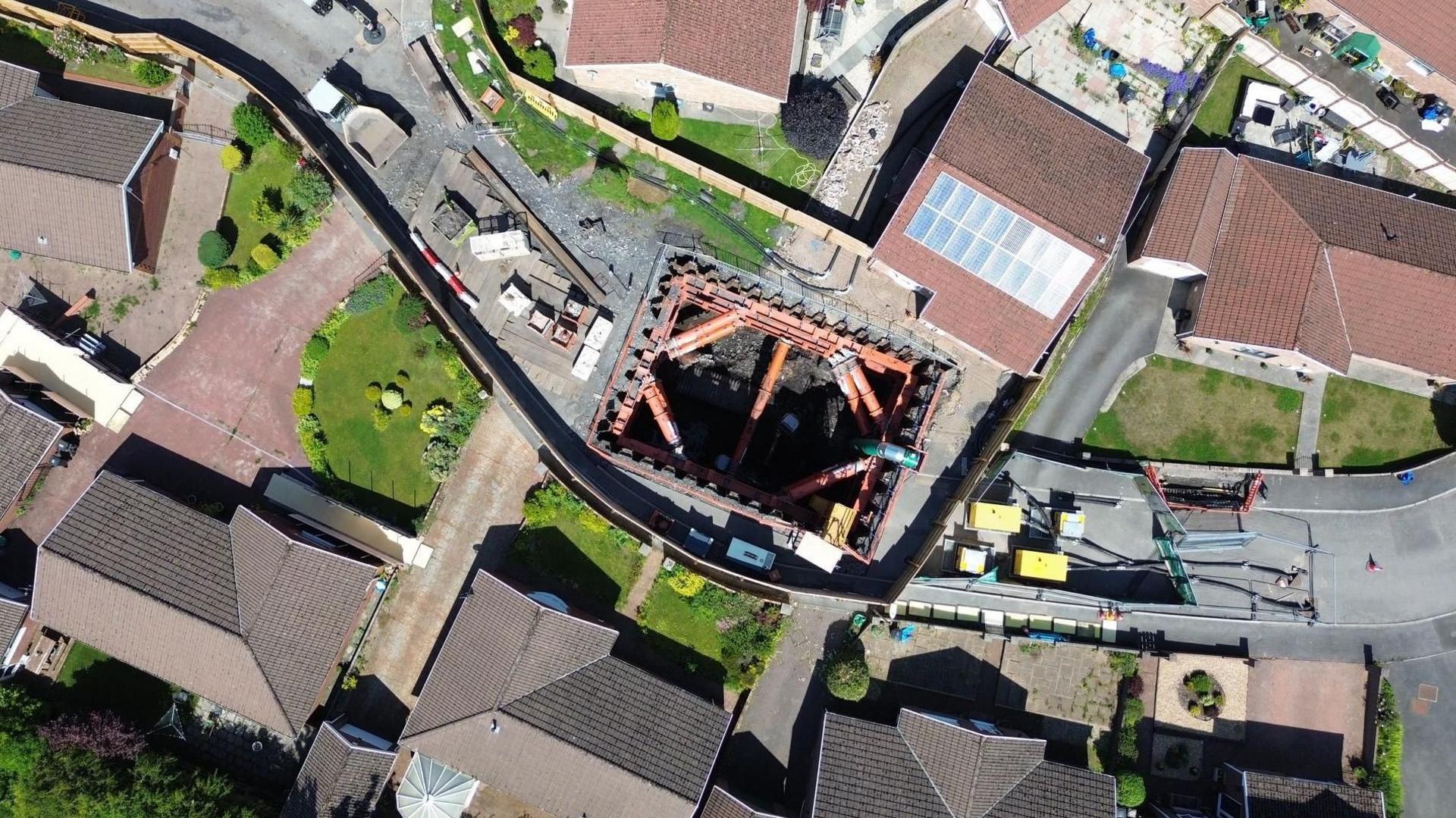Boy who died in hotel pool 'had no sense of danger'
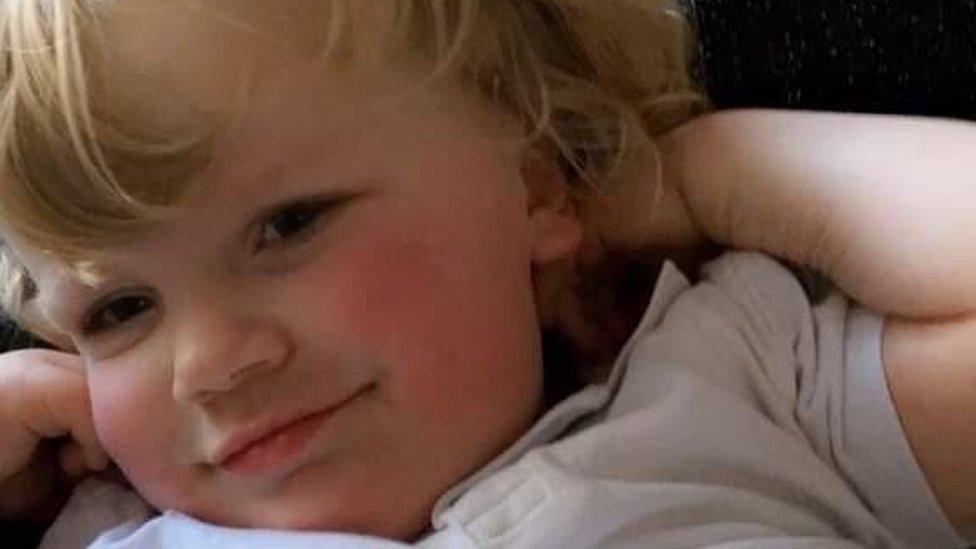
Theo Treharne-Jones was on holiday with his parents, siblings and extended family
- Published
A five-year-old boy who drowned during a family holiday in Greece was an "excitable, happy, loving little child" with "no sense of danger", an inquest has heard.
Theo Treharne-Jones, from Merthyr Tydfil, was found unconscious in a swimming pool at Atlantica Holiday Village in Kos on 15 June 2019.
His mother, Nina Treharne, told Pontypridd Coroner's Court her son had been diagnosed with Smith-Magenis syndrome and had displayed "autistic behaviours" which may have made him less naturally cautious.
The inquest will look at how Theo was able to leave the hotel room unaccompanied, after his mother revealed there was no door chain, and whether there should have been more security at the pool.
Kos death boy's parents 'woke to screams'
- Published26 June 2019
Kos death hotel doors 'opened easily by a child'
- Published2 October 2019
The family had stayed at the same hotel nine months earlier but Ms Treharne told assistant coroner Gavin Knox the rooms were different to the ones they had stayed in previously.
"The door had no chain lock in this room," said Ms Treharne, relating how she had placed her two sons' buggy and a suitcase against the door "as a precaution".
She recounted how the family had gone to bed after dinner the night before Theo was found in the water and were woken up by shouting in the morning.
"There was banging and someone was shouting: 'There's a child in the pool, there's a child in the pool.' It was like waking up to a nightmare."
Guests carried out CPR
Theo's father, Richard Jones, said when the alarm was raised, he ran down to the pool area "expecting to find Theo sitting at the side of the pool" and was "shocked" to see someone doing CPR on his son on a nearby sunlounger.
Theo was subsequently moved to the floor, where resuscitation efforts continued before the ambulance arrived.
In a statement, Stuart Zammitto-Nicholl, who found Theo face down in the water, said he was doing CPR for five minutes but "it felt like forever".
Search for defibrillator
The inquest heard that fellow hotel guest Tracey Wheedon also carried out CPR on Theo while others searched for a defibrillator.
She said the ambulance crew arrived without a stretcher and that his father had to carry him to the vehicle.
Adam Holmes, who owns a first aid training business and was staying at the hotel, said he gave advice on carrying out CPR.
He said he carried out chest compressions but there were "no signs of any breathing" and was concerned at how long it was taking for the defibrillator to arrive.
Mr Holmes asked reception about the defibrillator before it emerged. It was at a nearby doctor's surgery and he ran to collect it, the hearing was told.
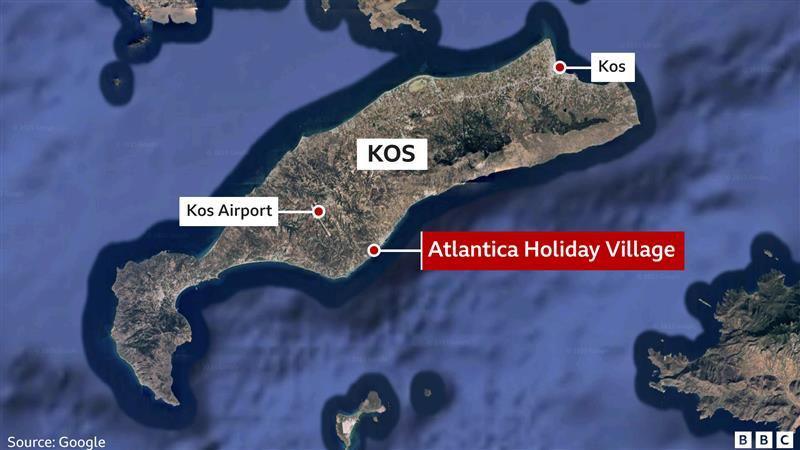
Mr Knox asked Mr Holmes if anyone else would have gone to get the machine if he had not done so, to which he responded "it wouldn't seem so, no".
He said the defibrillator went through three cycles and each time no shock was administered.
Mr Holmes also accompanied Theo and his father in the ambulance to hospital and continued carrying out chest compressions while Mr Jones used a bag valve and mask to push oxygen into Theo's lungs.
Mr Knox said he wanted to investigate the suitability of the door-locking mechanism on the hotel bedrooms, and what information was available about how any mechanism worked.
While giving evidence, Dr Patrick Morgan, a consultant in anaesthetic and pre-hospital care, said witness accounts suggested the five-year-old got into difficulty in the swimming pool at around 08:41.
He said that due to the lack of oxygen and the time he had been in the water, it would have "made no difference to the outcome whether the defibrillator was there or not".
He said Theo was last seen at 08:40 and the emergency services were called at 08:51.
He said it was likely that Theo had been in the water for "two to five minutes" before resuscitation started and that it was likely the initial submersion in the water was "enough to prove fatal".
When asked if the outcome would be different if the ambulance arrived sooner, he said he would have arrived at the hospital earlier but the responder's training and equipment "was not sufficient".
He added had a two-person ambulance crew being at the scene as soon as Theo was rescued from the water, where "at least one [crew member] had a high level of training, with the right equipment and the right interventions" he might have survived.
The inquest heard the pools at the hotel were open and staffed by lifeguards between 10:00 and 18:00 daily.
Libby Jones, General Manager for Overseas Health and Safety at TUI, explained the company audits the compliance of hotels against safety standards in what's known as the "blue book".
She explained that the "blue book" is the Association of British Travel Agents (ABTA) Tourism Accommodation Health & Safety Technical Guide, which provides comprehensive guidance on safety and risk management for the tourism industry.
An audit was carried out the day before Theo's death where two issues where highlighted: one around the lack of clear markings on the steps down to the pool and another with a ladder.
She told the inquest that neither of those issues was deemed to be "critical" meaning there was not a risk to life or potential for major injury.
On security and safety guidance, she said there was a note in the guidance that a security chain or latch "could be provided".
Ms Jones said TUI had considered whether it was possible, practical or safe to install chains on all its hotels' doors but "it was deemed too great of a fire risk".
The inquest will resume on Wednesday.
Related topics
More top stories
- Published14 October
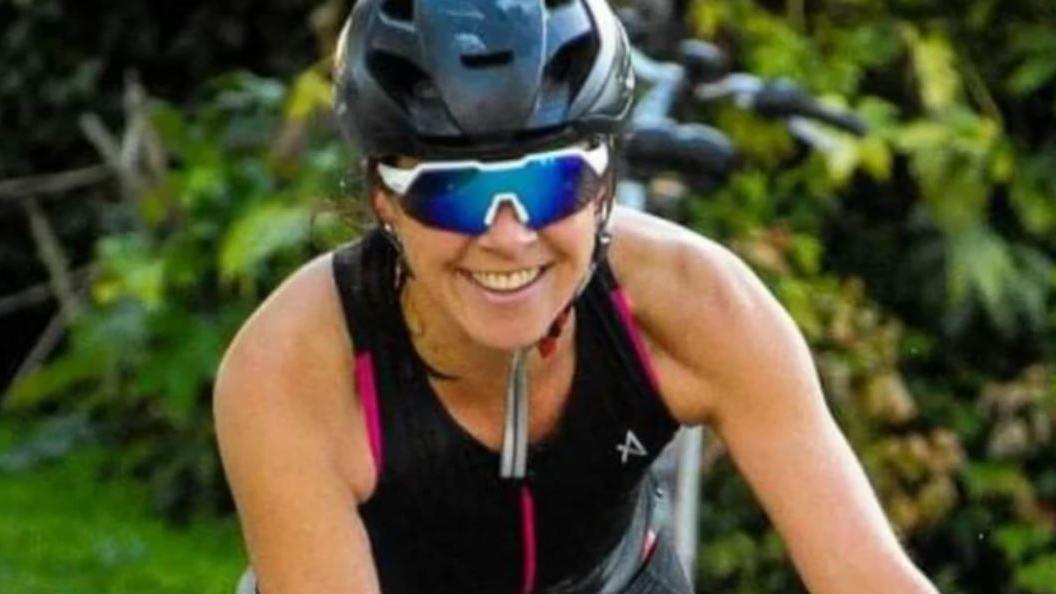
- Published14 October
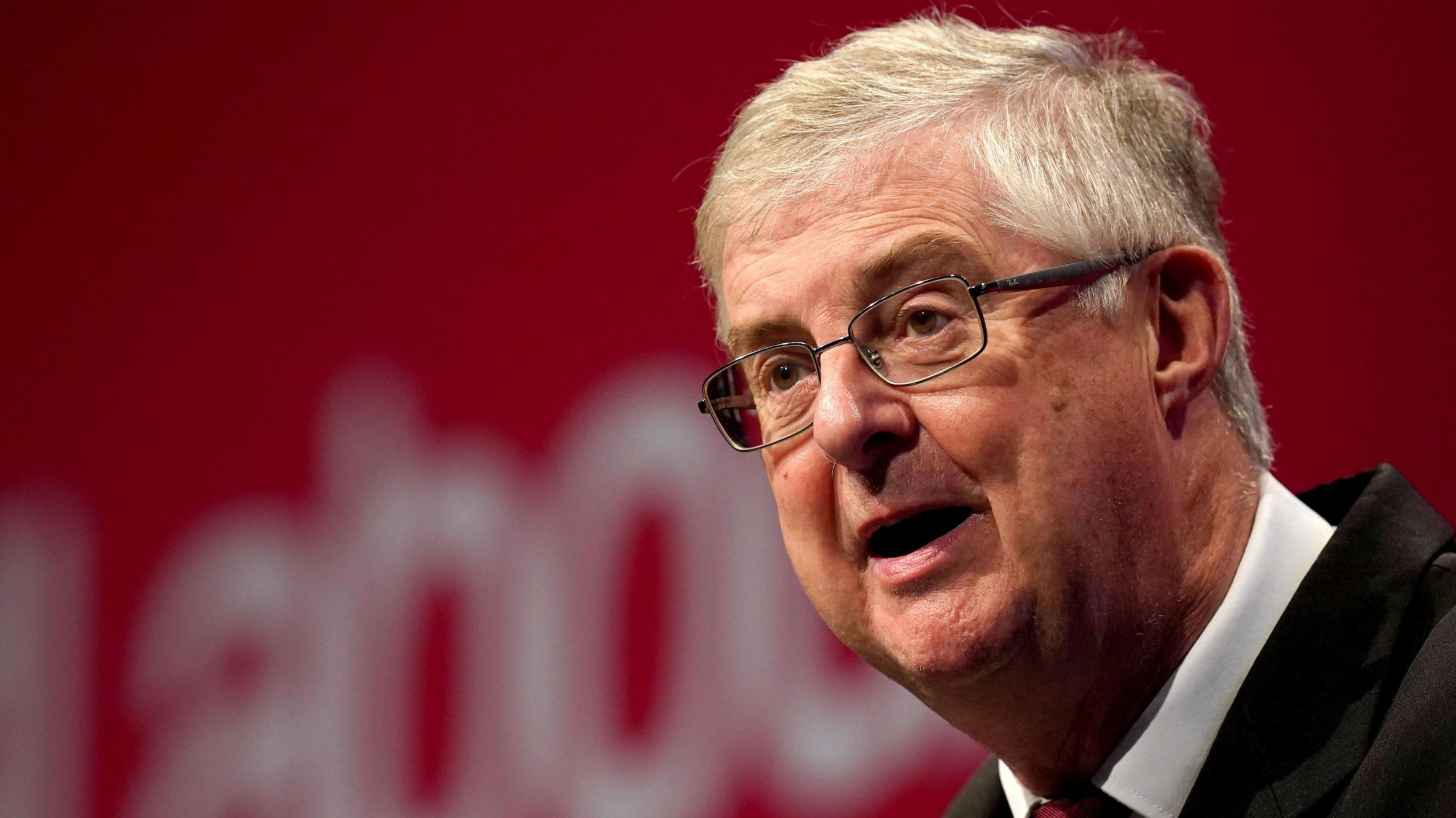
- Published14 October
